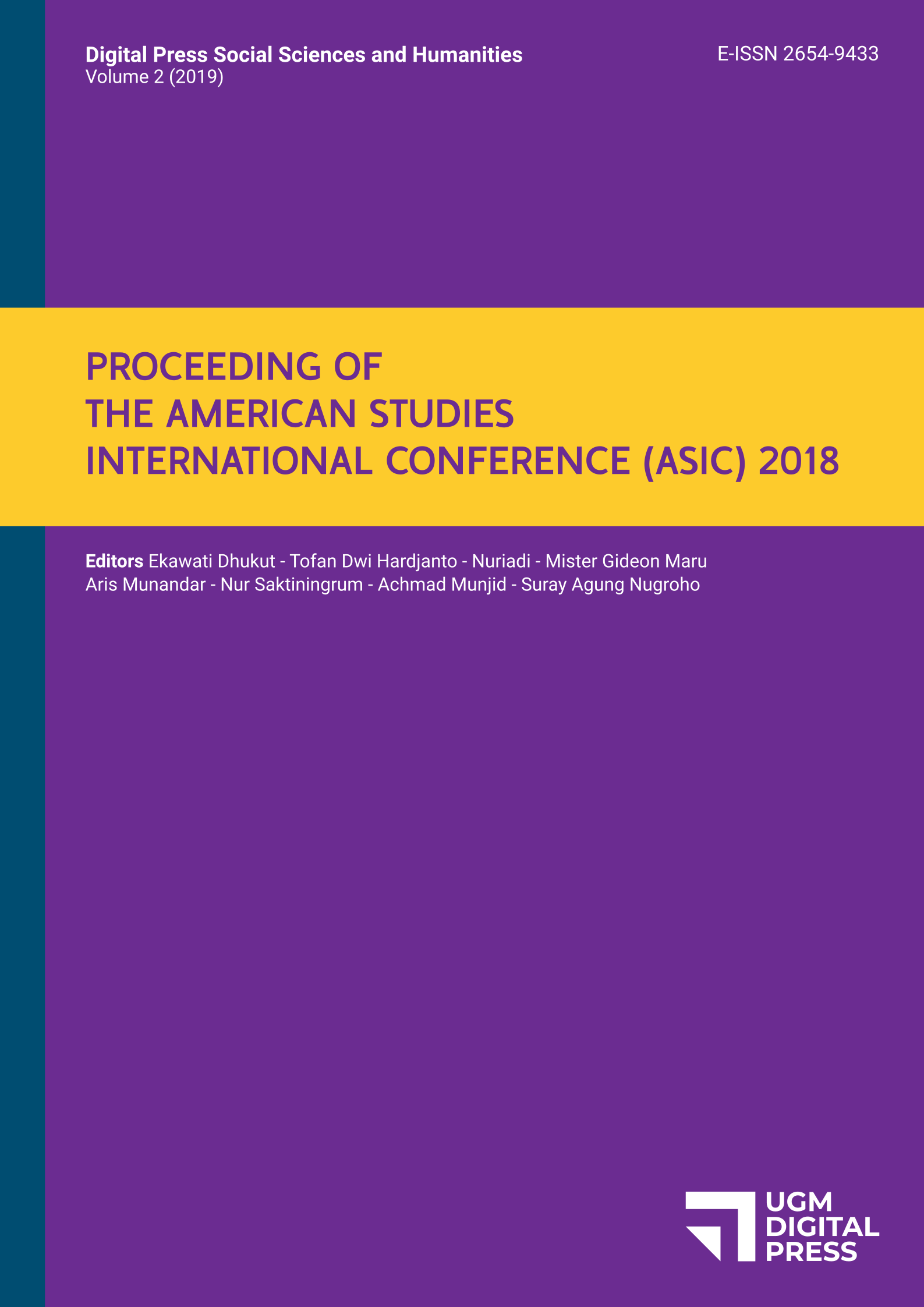The Representation of Indonesian Migrant Workers in Contemporary Indonesian Literature
David John Rawson
Department of Indonesian Literature, Faculty of Cultural Sciences, Universitas Gadjah Mada
davidrawson18@yahoo.com
Abstract
Indonesia has a large number of overseas workers varying from professional workers to the unskilled, legal and illegal who take up work across the globe. In the public consciousness this group is characterized as taking considerable risk but can gain considerable financial reward. This paper will examine the theme of Indonesian migrant workers’ risks and rewards and a sense of belonging as represented in contemporary Indonesian short stories from 1992 to 2015. The paper draws upon the theory of narratology to analyze the representation of Indonesian migrant workers in six Indonesian short stories, three from the New Order Period and three from the Reformation era period. The stories themselves have been published in newspapers, magazines and anthologies. The sample has been chosen to represent a range of migrant worker experiences both in Indonesia and abroad, male and female, and skilled and unskilled. The paper finds that the representations of migrant worker’s sense of belonging is particular marked by gender and class differences. Women are depicted over the two periods as the victims of a patriarchal ideology and unregulated capitalism which leads to exploitation, abuse and alienation of working-class women. While the representation of migrant worker experiences is largely similar there are changes over the two periods in terms of contesting the ideologies of patriarchy and New Order developmentalism.
Keywords
Indonesia, migrant, workers, Indonesian short stories
References
davidrawson18@yahoo.com
Abstract
Indonesia has a large number of overseas workers varying from professional workers to the unskilled, legal and illegal who take up work across the globe. In the public consciousness this group is characterized as taking considerable risk but can gain considerable financial reward. This paper will examine the theme of Indonesian migrant workers’ risks and rewards and a sense of belonging as represented in contemporary Indonesian short stories from 1992 to 2015. The paper draws upon the theory of narratology to analyze the representation of Indonesian migrant workers in six Indonesian short stories, three from the New Order Period and three from the Reformation era period. The stories themselves have been published in newspapers, magazines and anthologies. The sample has been chosen to represent a range of migrant worker experiences both in Indonesia and abroad, male and female, and skilled and unskilled. The paper finds that the representations of migrant worker’s sense of belonging is particular marked by gender and class differences. Women are depicted over the two periods as the victims of a patriarchal ideology and unregulated capitalism which leads to exploitation, abuse and alienation of working-class women. While the representation of migrant worker experiences is largely similar there are changes over the two periods in terms of contesting the ideologies of patriarchy and New Order developmentalism.

